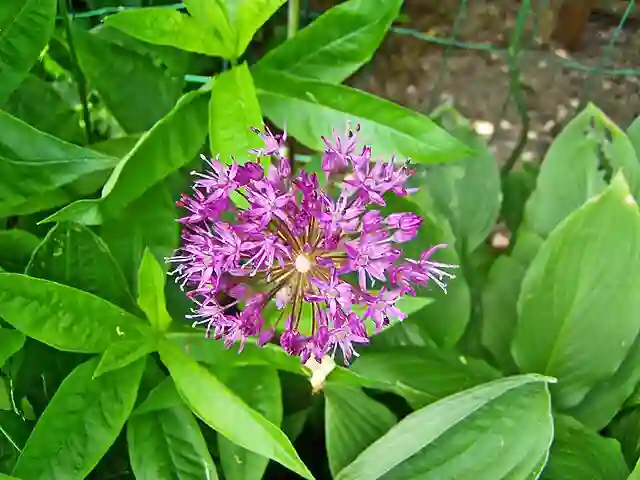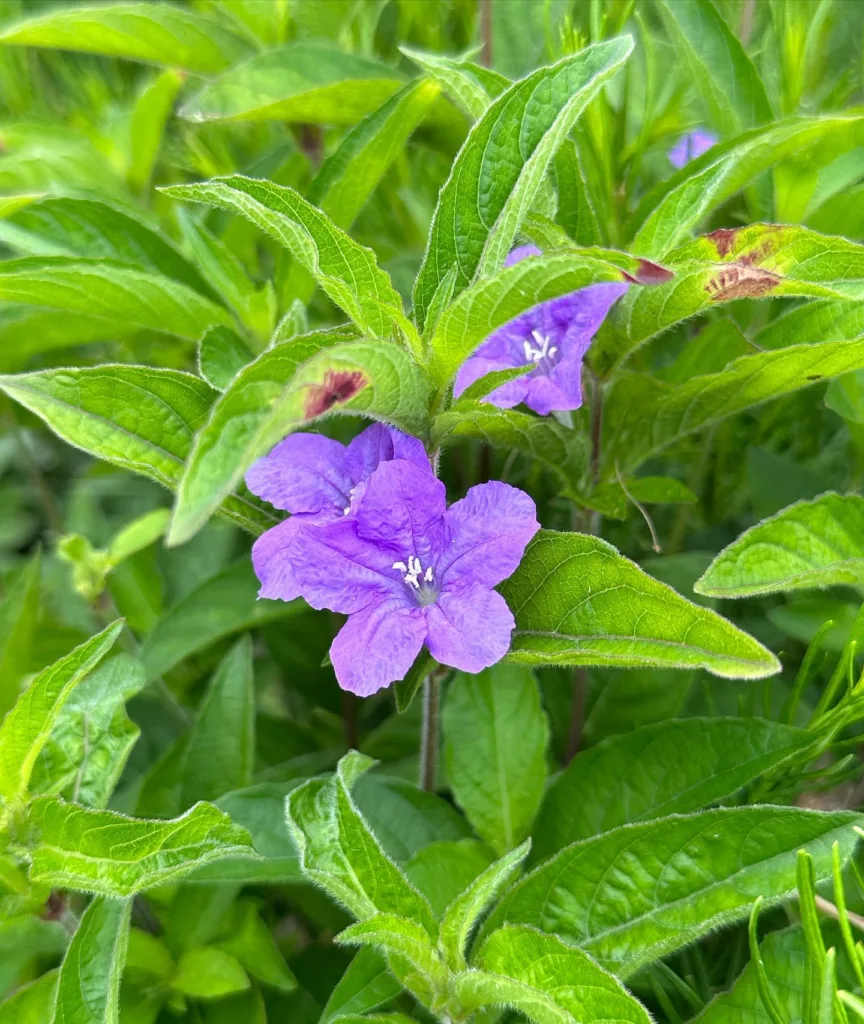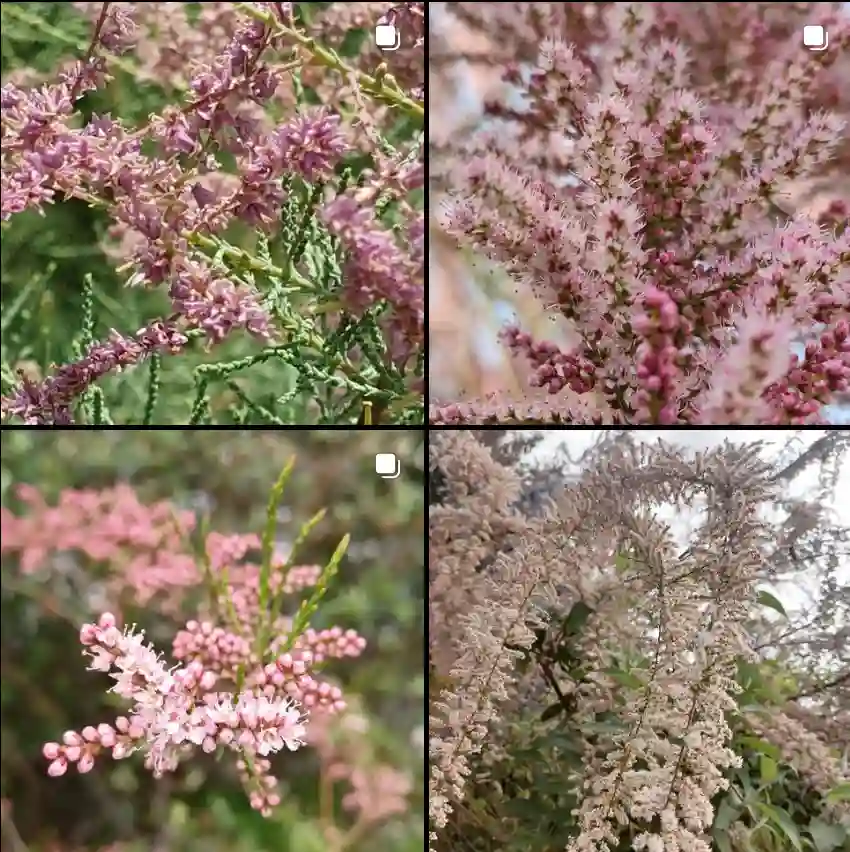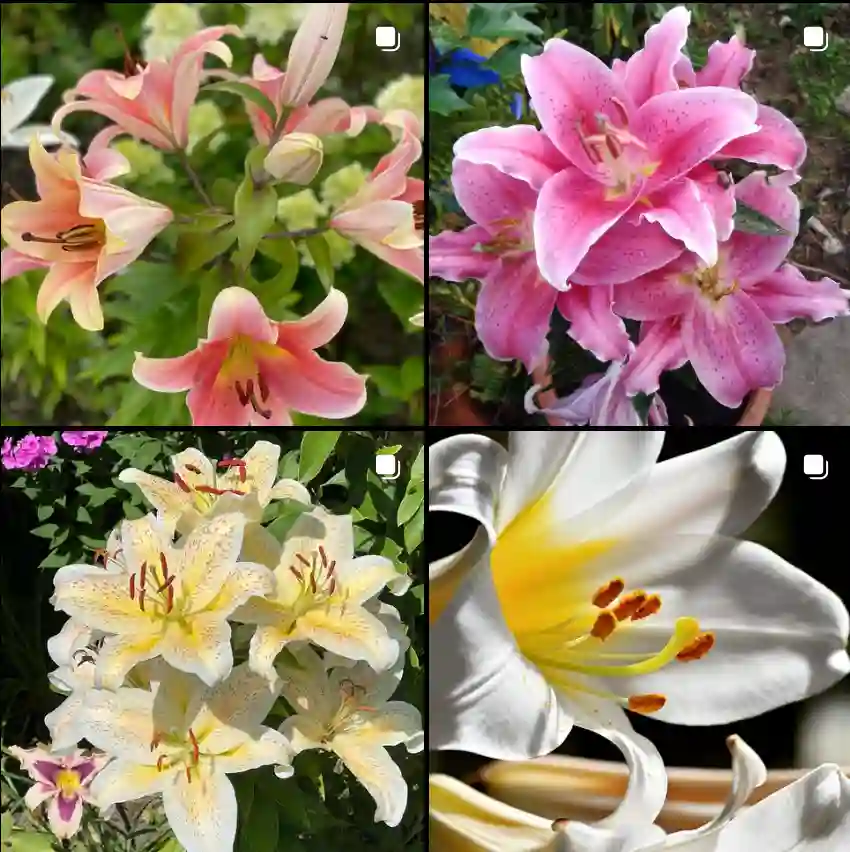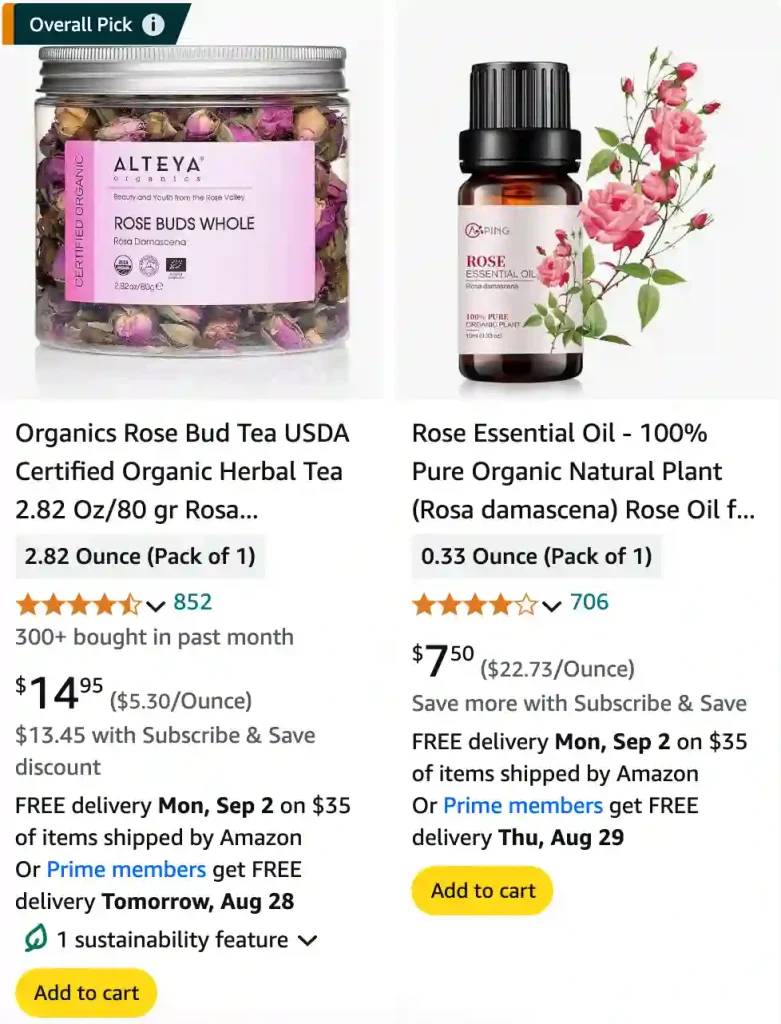
FAQs About Rosa Damascena
As a plant enthusiast, I often come across questions about Rosa Damascena, also known as Damask Rose. This rose variety is cherished for its captivating fragrance and its numerous uses, particularly in skincare and perfumery. If you’re curious about Rosa Damascena and its applications, let me share some insights based on my experiences and research.
391 Species in Genus Rosa
What is Rosa Damascena?
Rosa Damascena, commonly known as the Damask Rose, is a rose species renowned for its potent fragrance and exquisite blooms. It is native to the Middle East, particularly Iran, but is also cultivated in other regions such as Bulgaria, Turkey, and India. The plant is characterized by its large, pink flowers that are packed with petals, making it a favorite in gardens and a staple in the perfume industry.
What is Rosa Damascena Flower Oil?
Rosa Damascena flower oil, often referred to as rose oil, is extracted from the petals of the Damask Rose. This essential oil is a valuable ingredient in perfumes, cosmetics, and aromatherapy due to its strong, sweet scent and numerous skin benefits. The extraction process, known as steam distillation, ensures that the oil retains its aromatic and therapeutic properties.
Is Rosa Damascena Good for Skin?
Yes, Rosa Damascena is highly beneficial for the skin. Its essential oil is rich in vitamins, minerals, and antioxidants, which help to moisturize, soothe, and rejuvenate the skin. It’s also known for its anti-inflammatory and anti-bacterial properties, making it suitable for all skin types, including sensitive skin. I find that products containing Rosa Damascena oil help to balance skin tone and reduce redness, giving the skin a natural, healthy glow.
Can Rosa Damascena Oil Be Used on Acne-Prone Skin?
Absolutely. Rosa Damascena oil has astringent properties that can help tighten pores and control excess oil production, which is beneficial for acne-prone skin. Its anti-inflammatory properties also help reduce the redness and swelling associated with acne. However, it’s essential to dilute the oil before applying it to the skin to avoid irritation.
Is Rosa Damascena a Skin Irritant?
While Rosa Damascena is generally considered safe for the skin, some individuals may experience irritation, especially if the oil is used in its undiluted form. It’s always a good idea to perform a patch test before using any new skincare product containing Rosa Damascena oil. This simple step can help determine if you have any sensitivities to the oil.
Is Rosa Damascena Flower Water Bad for Skin?
Rosa Damascena flower water, also known as rose water, is not bad for the skin; in fact, it’s widely used for its hydrating and soothing properties. Rose water is a byproduct of the distillation process that produces rose oil and is rich in antioxidants and anti-inflammatory compounds. I use rose water as a facial toner to refresh and hydrate my skin, and it works wonders in calming any irritation or redness.
What is Rosa Damascena Distillate?
Rosa Damascena distillate, commonly referred to as rose water, is obtained through the steam distillation of Damask Rose petals. This distillate is cherished for its mild, pleasing fragrance and its various benefits for the skin. It serves as a natural toner, helping to balance the skin’s pH and reduce redness and irritation.
Do Rosa Damascena Smell Good?
Yes, the fragrance of Rosa Damascena is one of its most celebrated attributes. The scent is rich, sweet, and floral, making it a popular choice in perfumery. The captivating aroma is not only pleasing to the senses but also known to have calming and mood-enhancing effects.
Is Rosa Damascena in the Same Family as Aniba Rosaeodora?
No, Rosa Damascena and Aniba Rosaeodora are not in the same family. Rosa Damascena belongs to the Rosaceae family, while Aniba Rosaeodora, also known as rosewood, is a member of the Lauraceae family. Despite their different botanical families, both are valued for their aromatic oils.
Where to Buy Rosa Damascena Plant?
Rosa Damascena plants can be purchased from specialized nurseries or garden centers that offer a variety of rose species. Online plant stores also often carry Rosa Damascena, providing a convenient option for those looking to add this fragrant rose to their garden. When buying online, I always check customer reviews and the store’s reputation to ensure I get a healthy plant.
Can Rosa Damascena Be Used on My Dog?
While Rosa Damascena oil has many benefits for humans, it’s best to consult a veterinarian before using it on pets. Essential oils can be potent, and some may not be safe for animals. Diluted rose water, however, is generally considered safe for dogs and can be used as a mild, natural deodorizer.
Rosa Damascena vs. Rosa Centifolia
Rosa Damascena and Rosa Centifolia are both prized for their aromatic oils, but they have some differences. Rosa Damascena, known for its strong fragrance, is often used in perfumery and skincare products. Rosa Centifolia, or the cabbage rose, has a lighter, sweeter scent and is also used in cosmetics. Personally, I find Rosa Damascena’s fragrance to be more intense and long-lasting, making it a preferred choice for essential oils.
Rosa Damascena vs. Rose Otto
Rosa Damascena and Rose Otto are often confused, but they refer to different products. Rose Otto is a type of essential oil extracted specifically from Rosa Damascena using steam distillation. It is one of the most concentrated forms of rose oil available. In comparison, Rosa Damascena oil can refer to any oil extracted from the Damask Rose, including through methods other than steam distillation. Rose Otto is highly valued for its purity and potency.
What is the Origin of Rosa Damascena?
Rosa Damascena is believed to have originated in the Middle East, with historical records indicating its presence in Persia (modern-day Iran). The rose was later brought to Europe by the Crusaders, where it gained popularity in the Mediterranean region. Today, Bulgaria and Turkey are among the leading producers of Rosa Damascena oil.
How to Care for Rosa Damascena?
Caring for Rosa Damascena requires a sunny location and well-drained soil. Regular watering is essential, especially during dry periods, but be careful not to overwater, as this can lead to root rot. Pruning is also important to maintain the plant’s shape and encourage new growth. I usually prune my Rosa Damascena in early spring, removing any dead or weak stems to keep the plant healthy.
Can You Grow Rosa Damascena Indoors?
While Rosa Damascena is typically grown outdoors, it is possible to grow it indoors if you have a bright, sunny spot. Indoor growth may require additional care, such as ensuring proper humidity levels and using a grow light during shorter winter days. Regularly checking for pests and providing adequate air circulation are also crucial for indoor plants.
Benefits of Rosa Damascena
The benefits of Rosa Damascena extend beyond its fragrance. It has numerous skincare benefits, including moisturizing, soothing, and anti-aging properties. The essential oil is also used in aromatherapy to relieve stress, anxiety, and depression. I love using Rosa Damascena products for their calming effects and skin-nourishing qualities.
In summary, Rosa Damascena is a versatile and beneficial plant with a rich history and a range of applications. Whether you’re interested in its skincare benefits, its use in perfumery, or simply growing it in your garden, Rosa Damascena is sure to delight with its beauty and fragrance.
If i die, water my plants!
